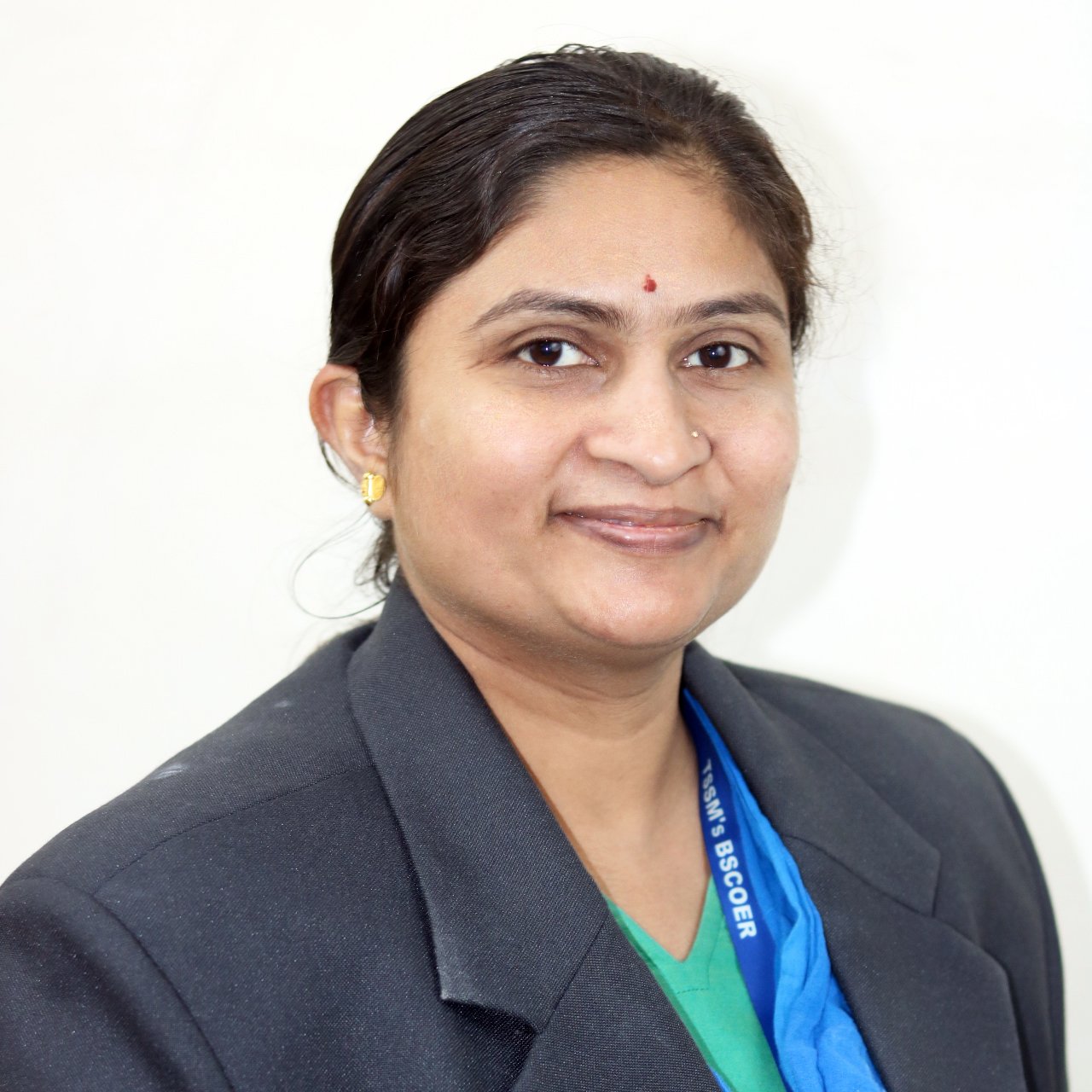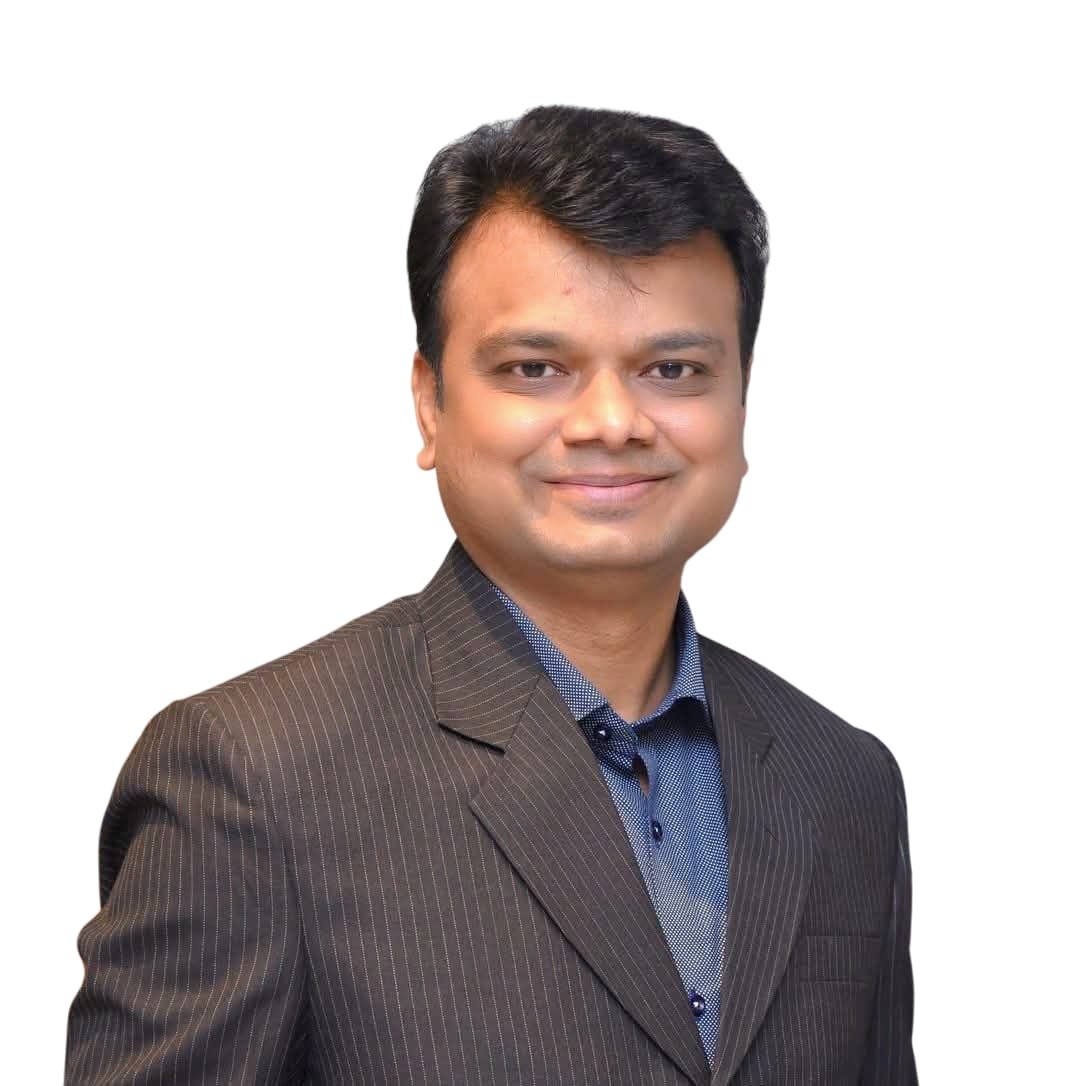TSSM'S BHIVARABAI SAWANT COLLEGE OF ENGINEERING AND RESEARCH
S No 12-1-2 and 12-2-2 Narhe, Taluka- Haveli, Near Sanas Crane, Pune-Bangalore Highway, Pune, Maharashtra 411041
Approved By AICTE and Affiliated To Savitribai Phule Pune University
Facilitation Center - 6649
ACCREDITED BY NAAC WITH "A" GRADE
Electrical Engineering
We, as a part of one of the best engineering colleges in Pune had an envision of a department (faculty, staff, and students) which is helping to define, make an impact on, and lead in the field of Electrical Engineering through its education. It is involved in providing quality education at undergraduate level. The Department organizes guest lectures, short term training program, workshop and seminar on various specialized field. This is an opportunity to meet eminent speaker and exchange ideas.
Electrical engineering is one of the core fields of engineering, so it is always Evergreen in terms of Scope and Job Prospects. Electrical Engineering is the heart of whole engineering discipline and therefore it scope will never fade even many years from now. Nowadays, we see Power Electronics is playing an important role in the implementation and control of Electrical Machines & Power System.
Vision
To be a source of competent electrical engineers for sustainable development.
Mission
M1: To transform students into professionals by imparting knowledge of electrical engineering.
M2: To provide platform for dealing with socio economic needs through student centric activities.
Program Educational Objectives (PEO)
- PEO1: Graduate shall have abilities to pursue professional career.
- PEO2: Graduate shall have an ability to adapt modern tools for addressing emerging challenges including interdisciplinary domain.
- PEO3: Graduate shall have an ability to deal with social problem and providing appropriate solutions ethically.
Program Specific Objectives (PSO)
- PSO1: Students will apply the knowledge to identify, formulate and solve problems of power generation, transmission, Distribution, protection and high voltage engineering systems under different operating conditions.
- PSO2: Students will be able to implement the fundamentals of electrical measurements, electrical machines, and electronic circuits for design and control applications.
- PSO3: Students will be able to prepare, simulate and analyze the mathematical model of physical electrical systems and analyze by using classical and modern tools.
- PSO4: Students will be able to apply professional skills with effective communication to handle the project work and prepare engineering documents.
Program Outcomes (PO)
- PO1. Engineering knowledge: Apply the knowledge of mathematics, science, engineering fundamentals, and an engineering specialization to the solution of complex engineering problems.
- PO2. Problem analysis: Identify, formulate, research literature, and analyze complex engineering problems reaching substantiated conclusions using first principles of mathematics, natural sciences, and engineering sciences.
- PO3. Design/development of solutions: Design solutions for complex engineering problems and design system components or processes that meet the specified needs with appropriate consideration for the public health and safety, and the cultural, societal, and environmental considerations.
- PO4. Conduct investigations of complex problems: Use research-based knowledge and research methods including design of experiments, analysis and interpretation of data, and synthesis of the information to provide valid conclusions.
- PO5. Modern tool usage: Create, select, and apply appropriate techniques, resources, and modern engineering and IT tools including prediction and modeling to complex engineering activities with an understanding of the limitations.
- PO6. The engineer and society: Apply reasoning informed by the contextual knowledge to assess societal, health, safety, legal and cultural issues and the consequent responsibilities relevant to the professional engineering practice.
- PO7. Environment and sustainability: Understand the impact of the professional engineering solutions in societal and environmental contexts, and demonstrate the knowledge of, and need for sustainable development.
- PO8. Ethics: Apply ethical principles and commit to professional ethics and responsibilities and norms of the engineering practice.
- PO9. Individual and team work: Function effectively as an individual, and as a member or leader in diverse teams, and in multidisciplinary settings.
- PO10. Communication: Communicate effectively on complex engineering activities with the engineering community and with society at large, such as, being able to comprehend and write effective reports and design documentation, make effective presentations, and give and receive clear instructions.
- PO11. Project management and finance: Demonstrate knowledge and understanding of the engineering and management principles and apply these to one’s own work, as a member and leader in a team, to manage projects and in multidisciplinary environments.
- PO12. Life-long learning: Recognize the need for, and have the preparation and ability to engage in independent and lifelong learning in the broadest context of technological change.
Prof. Kinge Ashish Pundlik
Head of Department ME (Electrical Power System),Ph.D Pursuing
apkinge_elec@tssm.edu.in
Prof. Gauravkumar Prabhakar Tembhurnikar
Assistant Professor M.E. (E.P.S.), M.B.A. (H.R.M.)
gptembhurnikar_elec@tssm.edu.in
Prof. Eva Gupta
Assistant Professor Ph.D Pursuing ,M.Tech Power System with specialization in Smart Grid
egupta_elec@tssm.edu.in
Prof. Shubham P. Bhadre
Assistant Professor M.Tech. (Power Electronics & Power Systems)
shubhambhadre_comp@tssm.edu.in
Electrical Engineering Students Association (EESA)
Electrical Engineering Students Association (EESA) deals mainly with the extra-curricular activities to be organized by the departmental students for the departmental students. The association works for the integration of the students of various classes through various activities to bring out the hidden talents, technical skills and to enhance them as well as to develop students personality by making them organize the events which will help them to learn the managerial skills along with team and time management. Along with this, the association also works to organize technical activities which make them aware of the latest trends in Electrical Engineering and help them prepare for the Global Competition.
Technical Activity
To build an Electric ATV (All-terrain vehicle) In the category of E-BAJA. To Developtechnical skills through participation in different technical activities to understand and implement the theoretical knowledge to cross the difficulties.
The E BAJA vehicle is battery powered and pure Electric Vehicle. Which is mostly influenced in Off-Road Racing competitions. The ATV can be used in harsh road conditions and for various purpose.
This Electric Vehicle has max. Torque of 110 Nm. This can achieve top speed of 50 Kmph. Traction motor used in vehicle is 6 kw BLDC motor. And Battery pack is Li-ion 110Ah. This EVGives the range of 60- 70 Km max.
Events Participated :FMAE BAJA Season 3, Hyderabad.
The FMAE BAJA S3 was held at Hyderabad, Telangana. From 21th Feb to 26th Feb 2020. This is the National Level ATV competition.
Team Captain - Mr. SourabhKadam.
Team Vice Captain – Mr. VinayPawar.
Driver – Mr. prathmeshkulkarni.
Achievements
1. Overall Runner Up EV category
2. Cost Evaluation WINNER
3. Acceleration Runner Up
4. Hill Climb Runner Up
5. Endurance Runner Up
Vision
- To groom engineering graduates towards personal, social and technical development
Mission
- To support students for enhancing their experiences through cultural and social events.
- To facilitate students with additional platform by organizing technical workshops, seminars and expert lectures
Objective
-
To advance the education and social development of its members and students of the college as a whole.
-
To promote, encourage and co-ordinate student clubs, societies, sports and social activities











Basic Electrical Engineering
Read MoreElectrical Measurement & Network Analysis
Read MorePG- I
Read MoreComputer.
Read More